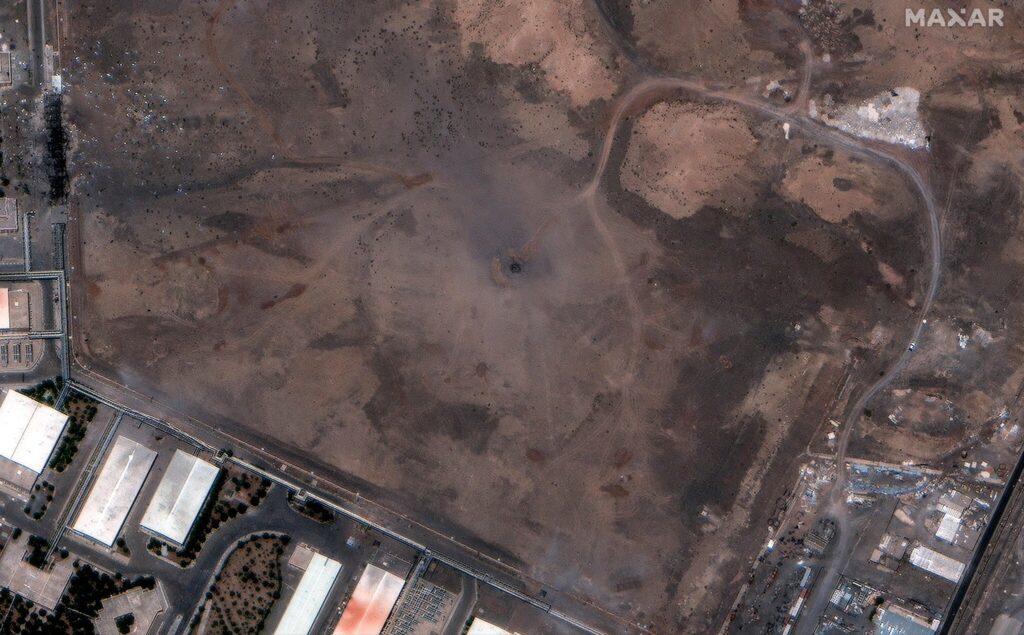Iran’s Nuclear Program Faces Setbacks as Talks with the US Stall
In a recent revelation, Iranian Foreign Minister Abbas Araghchi has acknowledged substantial damage to the nation’s nuclear sites, intensifying concerns surrounding Iran’s nuclear capabilities. This admission follows escalating tensions, prompting discussions about the future of Iran’s nuclear ambitions amid external pressures.
Damage to Nuclear Facilities
Araghchi’s comments suggest that despite efforts to safeguard its nuclear infrastructure, significant setbacks have been encountered. This acknowledgment comes at a time when Iran’s nuclear activities are closely monitored by international entities. The precise nature and extent of the damage remain undisclosed; however, experts speculate it could have implications for Iran’s long-term nuclear goals.
Stalled Negotiations with the United States
Compounding the situation, Araghchi indicated that there are currently no intentions to resume negotiations concerning Iran’s nuclear program with the United States. These talks were aimed at re-establishing commitments under the 2015 nuclear agreement, which the US withdrew from in 2018. The absence of productive dialogue raises concerns about Iran’s future nuclear developments and potential regional implications.
The Domestic Impact
As tensions rise, residents of Tehran are grappling with the aftermath of both the physical damage to nuclear facilities and the psychological impact of ongoing conflict. A return to normalcy appears uncertain, with public sentiment reflecting uncertainty about lasting peace amid such geopolitical strife.
International Reactions and Developments
International responses were swift following the disclosure of the nuclear site damages. Analysts suggest that nations monitoring the situation will be keen to assess how this will affect Iran’s nuclear ambitions and stability in the Middle East. Meanwhile, US defense officials have expressed confidence that recent military operations against Iran successfully undermined its nuclear activities.
Comparisons with Historical Attacks
The geopolitical landscape is further complicated by inflammatory remarks made by political figures. Recently, former President Donald Trump faced backlash after comparing military strikes on Iran to the bombings of Hiroshima and Nagasaki during World War II. These comments have been met with criticism from historical survivors and activists who label such comparisons as disrespectful and inappropriate.
| Event | Date | Description |
|---|---|---|
| US Withdrawal from Nuclear Deal | May 2018 | Withdrawal of the United States from the Joint Comprehensive Plan of Action (JCPOA). |
| Military Strikes on Nuclear Sites | June 2023 | Targeted military operations aimed at disabling Iran’s nuclear infrastructure. |
| Current Talks Status | July 2023 | No plans for resuming negotiations between Iran and the US. |
Conclusion
The recent admissions by Iranian officials signal critical turning points in the nation’s nuclear narrative and its diplomatic relations with Western powers. As the situation evolves, analysts and citizens alike are left to ponder the implications for regional stability and the future of international nuclear agreements.

